
Please, smartphone makers, don't copy the iPhone X
The iPhone X is the best iPhone that you can get right now, but it's most certainly not the best looking. You can probably tell where I'm going with this: the notch. It may set it apart from other smartphones, but it's a pain to look at on a $1,000 device.
Apple probably had its reasons when it decided to go with that design and, I believe, this will be improved upon in future iterations. Trouble is, other manufacturers think it's something worth copying, not avoiding like the plague. The New ZenFone 5 comes with a notch and it is not the only one. By the looks of it, the upcoming Huawei P20 will follow suit.

Apple iCloud now powered by Google Cloud, not Microsoft Azure
Public Cloud is a massive business for tech giants like Amazon, Microsoft and Google. Amazon Web Services (AWS) is currently the clear leader, with 62 percent share, followed by Microsoft Azure, on 20 percent, and Google on just 12 percent.
However, Google has scored an important win over Microsoft, replacing its rival as the cloud infrastructure service Apple relies on for its own iCloud services.

Predictions #8-10: Apple, IBM & Zuckerberg
It’s time to wrap up all these 2018 predictions, so here are my final three in which Apple finds a new groove, IBM prepares for a leadership change, and Facebook’s Mark Zuckerberg gives up a dream.
Apple has long needed a new franchise. It’s been almost eight years since the iPad (Apple’s last new business) was introduced. Thanks to Donald Trump’s tax plan, Cupertino can probably stretch its stock market winning streak for another 2-3 years with cash repatriation, share buy-backs, dividend increases and cost reductions, but the company really needs another new $20+ billion business and it will take every one of those years to get a new one up to scale.
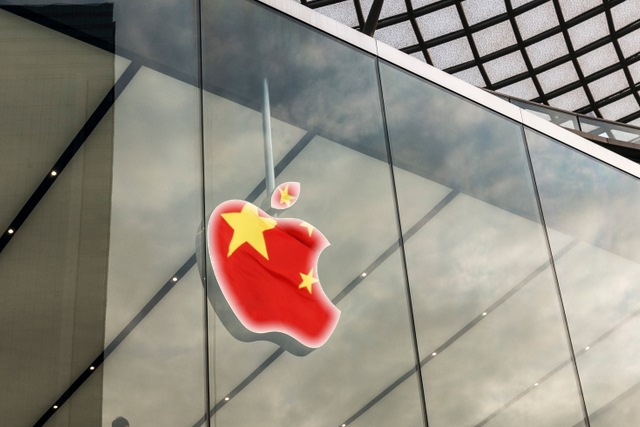
Apple to store iCloud keys in China, sparking privacy fears
There are only days until Apple begins storing the data of Chinese iCloud users within China, and concern is mounting about the human rights and privacy implications.
A new data center is due to open in China at the end of this month as Apple moves to comply with Chinese authorities. It means that iCloud data such as text messages, photos and emails will be stored in China -- as will the cryptographic keys required to access the data. These keys had previously been stored in the US.
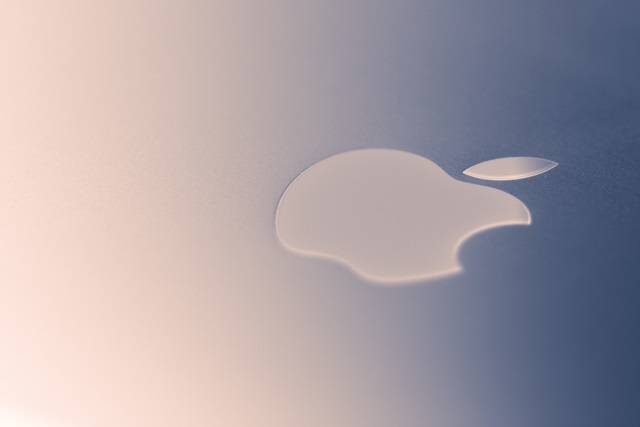
Welcoming PWAs: Apple now supports service workers on Safari
With Safari 11.1, Apple will introduce service workers to both macOS and iOS. Service workers are a crucial ingredient for Progressive Web Apps and will, therefore, bring a host of new capabilities and features to developers and Apple fans.
Google has been a big supporter for quite some time, but until recently, it looked like Apple was not on board. It seemed Apple would use it to draw a line in the sand between how it was going to do things and how Google wanted things to go. Apple introducing service workers to their OS platforms is beneficial to everyone, from business owners and developers to everyday app users.

iPhone beaten in performance race by 1970's Apple II and other even older computers (and a mechanical calculator)
It’s a fact that today’s mobile phones boast way more computing power than the systems used by NASA to put a man on the moon in the 1960s.
The iPhone 6, released in 2014, is 32,600 times quicker than the speediest Apollo-era computers and capable of performing instructions a whopping 120,000,000 times faster. So in a race against seven computers from the past 75 years, you’d imagine the iPhone 6 would wipe the floor with an Apple II from 1977, a 1990s PC running Windows 98, and a £12.99 BBC Micro:Bit, right? Wrong.

Twitter kills its Mac app, and that's a good thing
In 2016, I bought my very first Mac -- a beautiful MacBook Pro with Touch Bar. Since then, the laptop and I have been inseparable. The computer comes with me when I go to, say, a coffee shop, but it also serves as my desktop when I am home by connecting to a large monitor, keyboard, and mouse. In other words, I love the computer, but also, I really admire macOS.
When I first began using the Mac, I downloaded a bunch of software I thought I would enjoy. As a big Twitter user, I obviously installed the official app for that social network. You know what? It sucked. I tried to make it work, but ultimately, using a web browser was just a much better experience. On any desktop operating system, users are wise to use a browser. Let's be honest -- Twitter apps are best saved for smartphones and tablets. Twitter the company apparently agrees, as today, it officially kills the Mac app.

Apple says it is totally normal for HomePod to ruin your furniture
As someone that typically loves Apple products, I was initially interested in HomePod. After all, it is gorgeous and designed for use with Apple Music -- my choice for a streaming music service. Once common sense set in, however, I realized it was not something I wanted. Why? Well, the $350 asking price is just too high compared to competitors. I'd actually be willing to pay a premium for a quality product, but Siri just cant compare to Alexa at this time. And so, I passed on HomePod.
And thank God that I did. You see, there have been reports from people that HomePod was ruining wood furniture. Consumers were claiming that both the white and grey versions of the cylindrical speaker were leaving white rings on some wood surfaces. Sadly, this was not a hoax or rumor, as Apple has now acknowledged it is aware of the "problem." The company will be issuing a recall, right? Oh no -- that would make too much sense. Instead, Apple hilariously states this is totally normal ("not unusual")!
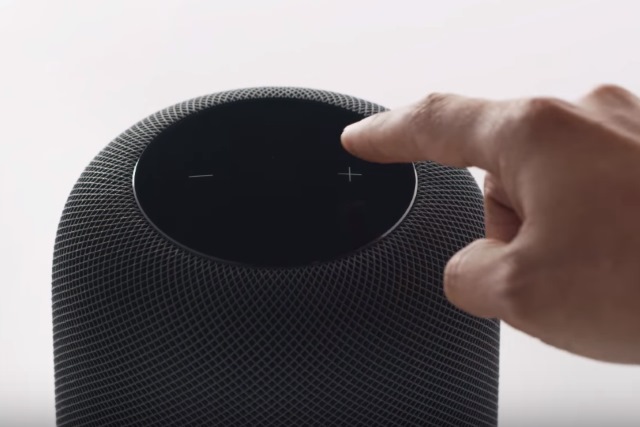
Apple videos show how to get the most from its HomePod speaker
The launch of the Apple HomePod was delayed last year, but the iPhone-maker's smart speaker was finally released a couple of days ago. Reviews are -- generally speaking -- positive, but early adopters have a few quibbles.
Whether you're thinking about jumping on the bandwagon, you already have a HomePod, or you just want to know more about them, Apple has released a series of videos that serve as a handy combination of tutorials and an introduction to its latest hardware.
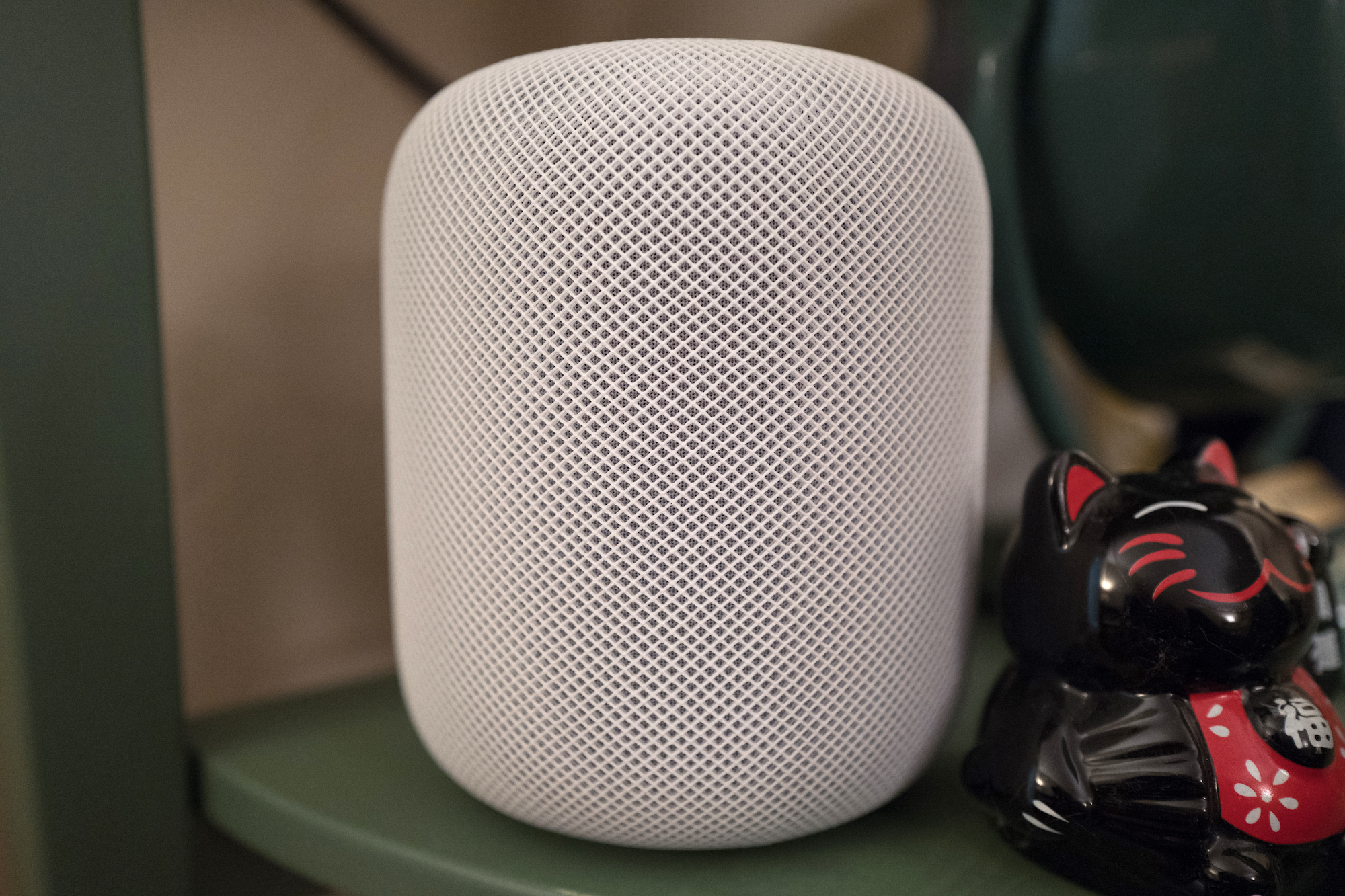
Apple HomePod: 'wow' but 'uh-oh'
HomePod arrived yesterday at 9:40 a.m. PST; thank-you UPS for prompt delivery of my preorder. My initial reaction: Wow and uh-oh. The wow harkens back to the original iPod, which Apple released in October 2001. The company's design ethic treated the overall experience as the user interface: Attach FireWire cable to Mac and device, music syncs. iTunes manages music on the Mac; for iPod, a simple scroll-wheel navigates tracks displayed on a small screen. The uncomplicated and understated approach defied the UX of every other MP3 sold by all other manufacturers.
HomePod is a defining, roots-return that's well-deserving of the portion of name in common with its forebear; both share in common emphasis on music listening as primary benefit.
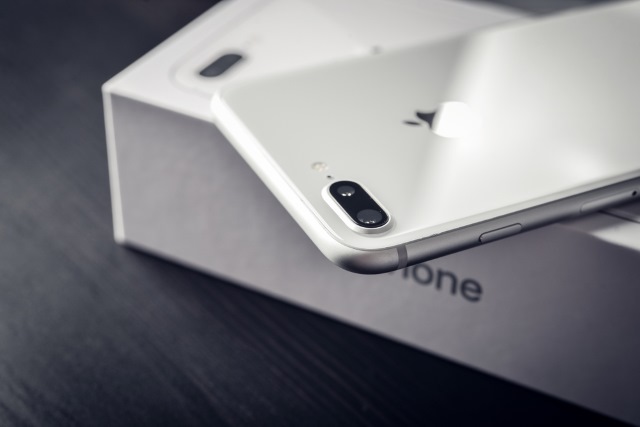
Apple confirms but downplays iOS source code leak
Apple may have just released iOS 11.3 beta 2, but the attention of world turned to the iOS source code that leaked to GitHub. The iPhone maker has confirmed that code for iOS 9's iBoot had leaked, but stressed its age.
The company said that the leak does not pose a security threat to users, insisting that "the security of our products doesn't depend on the secrecy of our source code." But while Apple tries to play down the leak, there's no denying that it is highly significant and an unprecedented embarrassment.

Apple issues takedown notice after iBoot source code leaks to GitHub
The source code for the iOS bootloader iBoot has been leaked to GitHub, prompting Apple to issue a DMCA takedown notice.
Although the source code is for iOS 9.3 and a couple of years old, it appears to be the real deal and would still cause something of a headache for Apple. Copies of the code have been circulating online despite the takedown notice, and the concern is that it could be used to exploit iOS with malware.
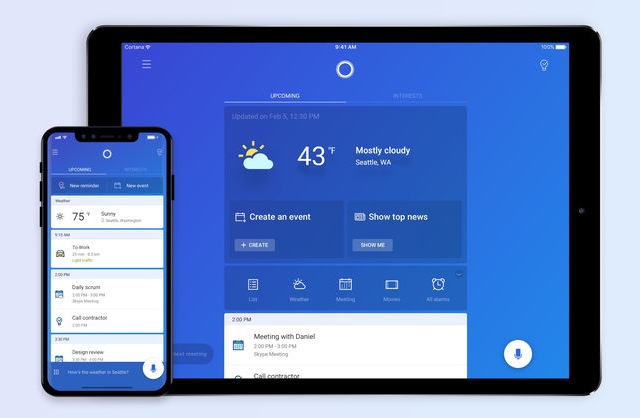
Cortana comes to iPad with faster loading than iPhone version
After something of a delay -- two years, no less -- Microsoft has finally ported Cortana from the iPhone to the iPad.
The company has not made a great deal of noise about the updated app, but its digital assistant has now been optimized for use on Apple devices with larger screens. The restrictions of iOS still mean that Cortana cannot compete directly with Siri, as it is only possible to access the assistant's tools once it has been launched.
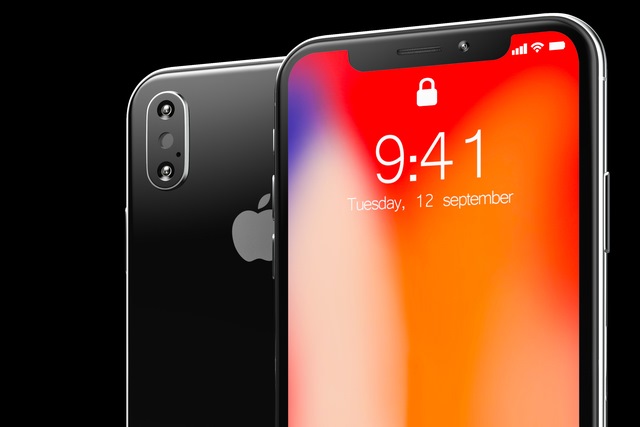
iPhone X bug leaves some users unable to answer calls
A number of iPhone X users are complaining about a bug that leaves them unable to answer incoming calls. Reports of the bug are spreading through Apple's support forums, and the company is looking into the problem.
People who are experiencing the bug say that when they receive a call, their iPhone X rings, but the screen does not wake up. While the problem has been around for a couple of months, complaints seem to be growing in number at the moment.
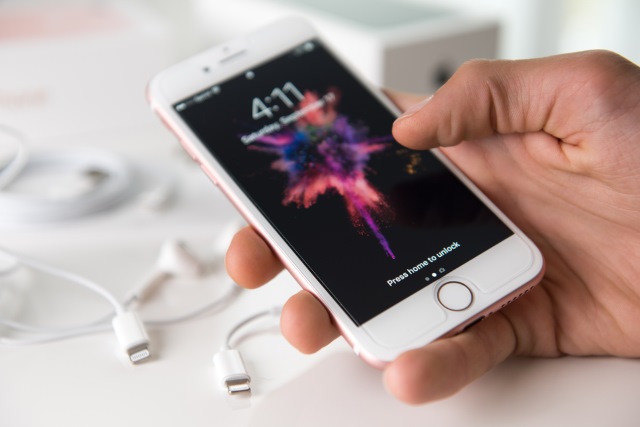
Apple launches free repair program for 'No Service' iPhone 7 bug
Apple has launched a new repair program aimed at iPhone 7 users who are experiencing a "No Service" problem. Apple says that affected models that were sold since September 2016 will be repaired free of charge.
The company explains that the No Service bug only affects a "small number" of handsets, and it is caused by a failed component on the main logic board. So which handsets are covered, and how do you go about claiming your free repair?
